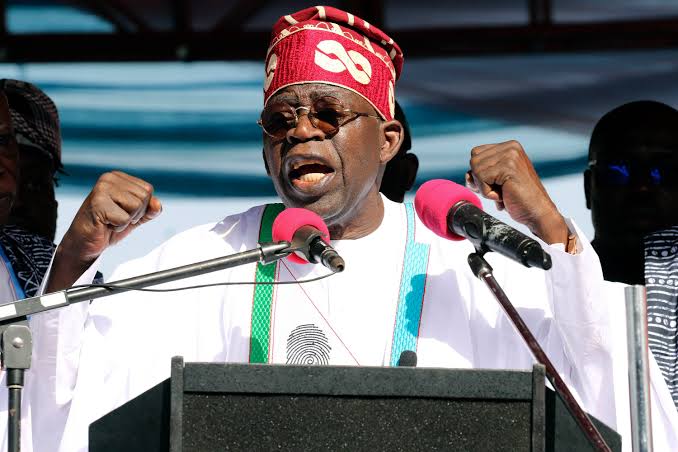President Bola Tinubu pledge to transform the transport sector as a cornerstone of Nigeria’s economy. He expressed this commitment during the second matriculation ceremony of the Federal University of Transportation in Daura for the 2024/2025 academic session. This vision reflects a strategic focus on enhancing infrastructure and promoting economic growth.
At the ceremony, President Tinubu emphasized the critical role that an efficient transport system plays in national development. He recognized that a robust transport network not only facilitates the movement of goods and people but also stimulates economic activities across various sectors. By investing in transportation infrastructure, Nigeria can unlock its full economic potential.
Read more: Lagos Warns Lekki Residents May Be Consuming Contaminated Borehole Water
The President’s vision includes modernizing existing transport systems and developing new ones. This modernization effort aims to improve roadways, railways, and air travel, ensuring that they meet international standards. By prioritizing these upgrades, the government seeks to enhance connectivity and reduce travel time, ultimately benefiting businesses and commuters alike.
Moreover, President Tinubu highlighted the importance of education and training in the transport sector. The establishment of the Federal University of Transportation is a testament to this commitment. By equipping students with the necessary skills and knowledge, the university aims to produce a new generation of professionals ready to take on challenges in the transport industry.
Investment in education and training will also create job opportunities, contributing to economic growth. The President noted that fostering a skilled workforce is essential for sustaining improvements in the transport sector. As more Nigerians enter this field, they can drive innovation and efficiency, further enhancing the sector’s contributions to the economy.
The transport sector is interconnected with various industries, including agriculture, trade, and tourism. An efficient transport system can facilitate the smooth movement of agricultural produce, boosting food security and reducing post-harvest losses. Additionally, improved logistics can enhance trade relationships and attract foreign investment, further fueling economic growth.
President Tinubu’s pledge also aims to address the challenges faced by the transport sector in Nigeria, such as congestion and inadequate infrastructure. By prioritizing these issues, the government can create a more reliable and efficient transport network. This, in turn, will enhance overall productivity and improve the quality of life for Nigerians.
In conclusion, President Bola Tinubu’s commitment to making the transport sector a pride of Nigeria’s economy signals a significant step toward national development. By investing in infrastructure, education, and innovation, the government can transform the transport landscape. This vision not only aims to enhance connectivity but also to create jobs and drive economic growth. The future of Nigeria’s transport sector looks promising, and with concerted efforts, it can become a key pillar of the nation’s economy.






